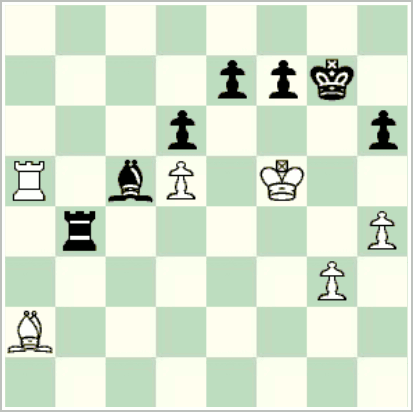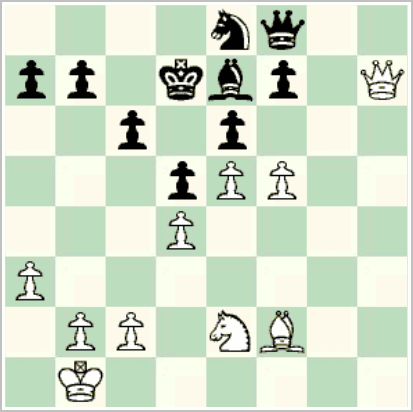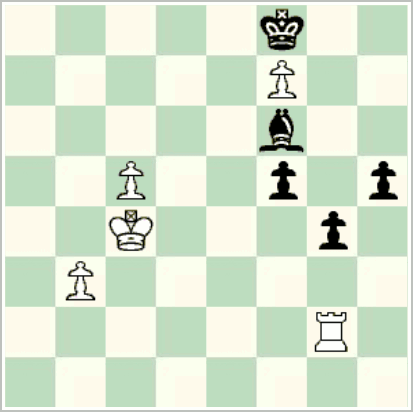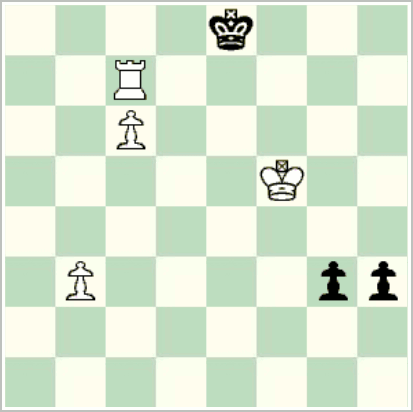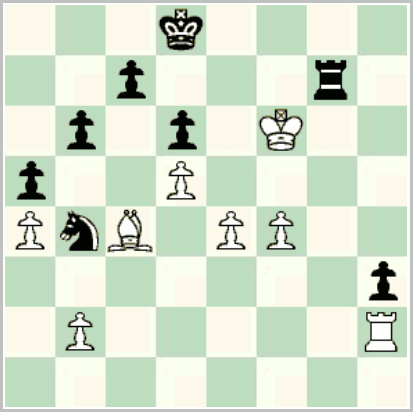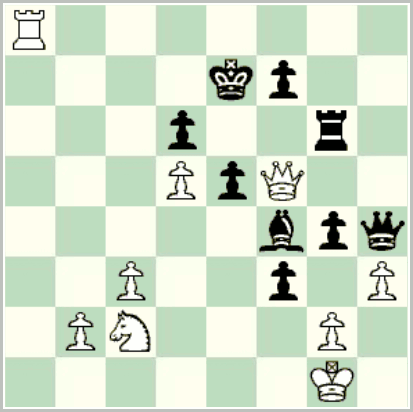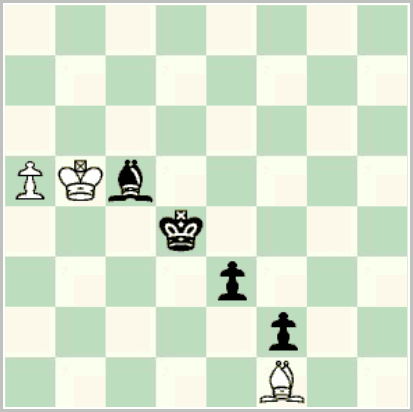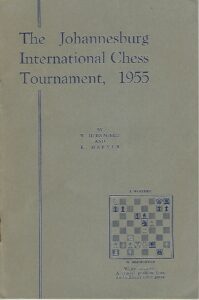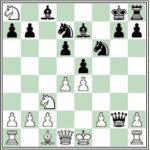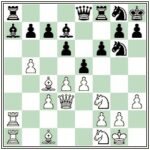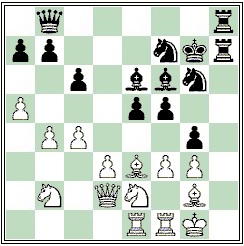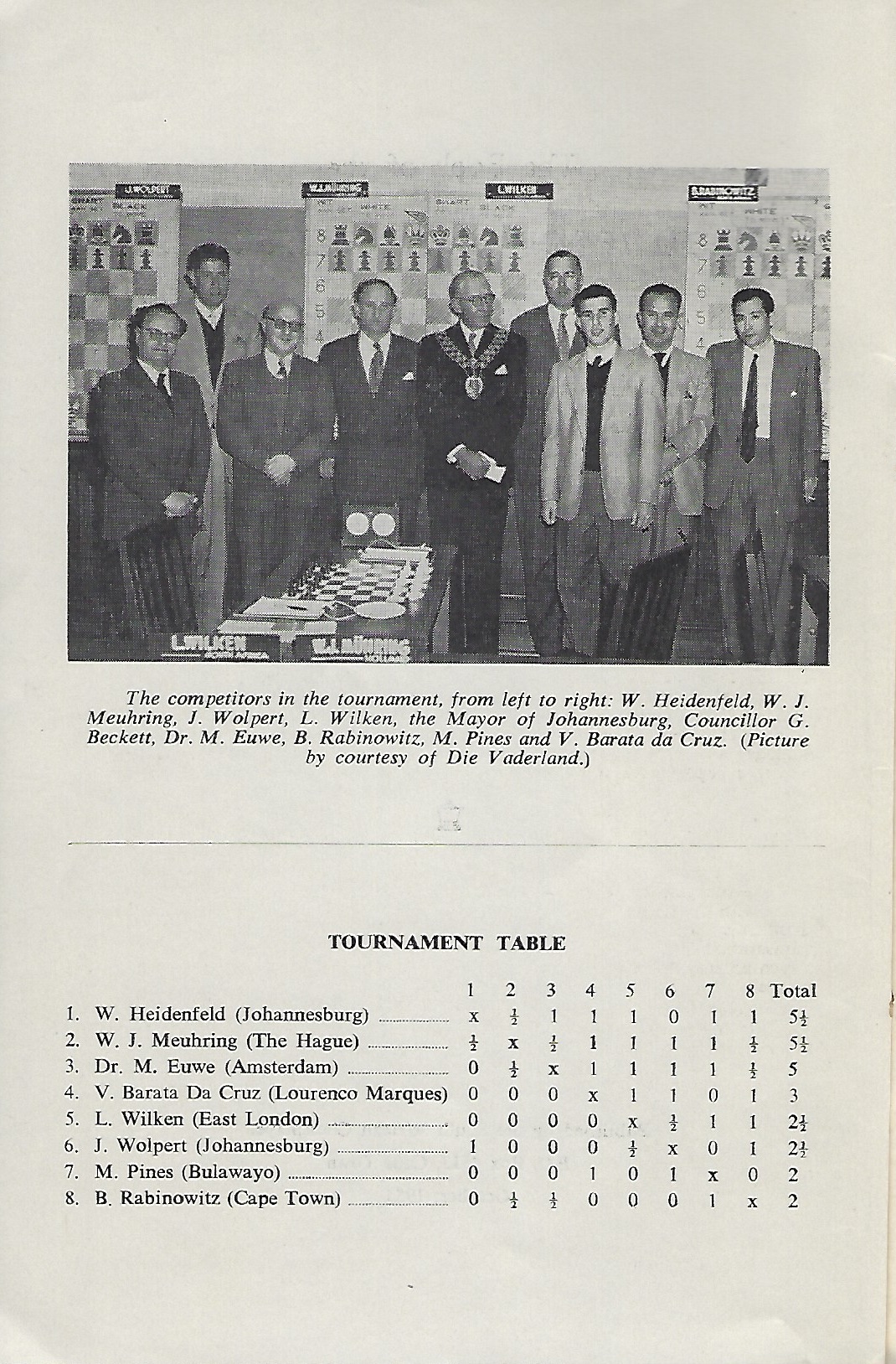The Irish Championship 2020 begins today, thanks to heroic efforts by the ICU and by local organisers at Coláiste Éanna. Best of luck to all involved!
A report has been added to the Irish championships page here, and will be updated as the event proceeds.
Update, August 1: round 1 produced several surprises. Stephen Brady was annihilated by Eoghan Casey, and Killian Delaney lost to Alex Byrne, while three of the lower boards ended in draws. Due to a problem with live boards, 7 of the game scores are incomplete for the moment.
Update, August 2: the live board feed of Daly – Venkatesan, round 1, broke off at a very interesting point. The full score has now been added; many thanks to Colm for providing it.
Update, August 2: round 2 produced another upset, with David Fitzsimons coming unstuck against Shane Melaugh, while Stephen Brady dropped another ½ point against Peter Cafolla. All games from the first two rounds, including the ones previously incomplete, are now available.
Update, August 3: round 3 saw Sam Collins outplay Conor O’Donnell in an ending to take a clear lead with 3/3, followed by Colm Daly and Tom O’Gorman (who drew today) and the Kanyamaralas (who drew with each other yesterday) on 2½. The games seemed generally much more combative today for some reason; the most spectacular was Paul Wallace’s win against Gavin Melaugh.
Update, August 5: round 4 saw draws on the top two boards, involving Sam Collins, Colm Daly, Tom O’Gorman, and Tarun Kanyamarala, with most other competitors gaining ground. Collins was ½ point ahead of five players. Round 5 upended the tight bunching, with Collins impressively winning as Black against Tarun K., and Daly winning as Black against David Fitzsimons, after a strange blunder by the latter in an equal position. For some reason, there seemed to be quite a few blunders in this round: perhaps the longer time control is causing fatigue? After round 5, Collins is ½ point ahead of Daly, and a full point ahead of a chasing pack of five players.
Update, August 6: a dramatic round 6 saw Sam Collins stumble, blundering in an equal position against Tom O’Gorman. Even then he had a late chance to rescue a half point from a completely lost ending, but missed it. Colm Daly took advantage of a blunder from another equal position to win, and move into sole lead. The game of the round, and indeed the event so far, was Killian Delaney’s hard-fought win against Conor O’Donnell. With three rounds to go, Daly leads by ½ point over Collins, O’Gorman, and Delaney.
Update, August 7: if the previous round was dramatic, round 7 was sensational. On the top board, Colm Daly emerged from the opening against Killian Delaney with a hopelessly lost position, while elsewhere the main challengers stood no better in their games. Just as a resignation seemed to be looming, though, Delaney blundered and Daly smartly capitalised. Sam Collins also won, very neatly. After round 7, Daly leads by ½ point over Collins, and a full point over Tom O’Gorman, and all possible meetings between these players have already happened. Round 8 should see Conor O’Donnell with white against Daly, and Collins with white against David Fitzsimons. All is delayed, though, because of the government’s newly announced lockdown of Laois, Offaly, and Kildare, and the draw will not be finalised until a few hours before the round.
Update, August 8: Newly imposed COVID-19 restrictions meant that three players had to sit out round 8, including Killian Delaney, who still had an outside chance of winning the event. The clash between Stephen Brady and Colm Daly on top board looked troublesome for the latter at one stage, but quickly petered out into a level position and in due course a draw. Sam Collins defeated David Fitzsimons in impressive style, while Tom O’Gorman won against Paul Wallace. Going into the last round, Collins and Daly are tied for the lead on 6½, followed by O’Gorman on 6 and Conor O’Donnell on 5½. The tie-break rules mean that any of Collins, Daly, or O’Gorman can win the title.
Update, August 9: An early win by Tom O’Gorman on board 3 left him on 7 points. Sam Collins seemed to get into difficulties out of the opening against Stephen Brady, and the game steadily went downhill for him. On board 1, Colm Daly stood marginally worse out of the opening against Conor O’Donnell, and needed to draw to take the championship to a rapid playoff, but he too did not manage to solve his problems, and he lost in one of the last games to finish. This left Tom O’Gorman as sole winner of the event, for his first Irish championship.
Overall, an excellent and entertaining event, with much fighting chess—very few draws—and plenty of drama.
